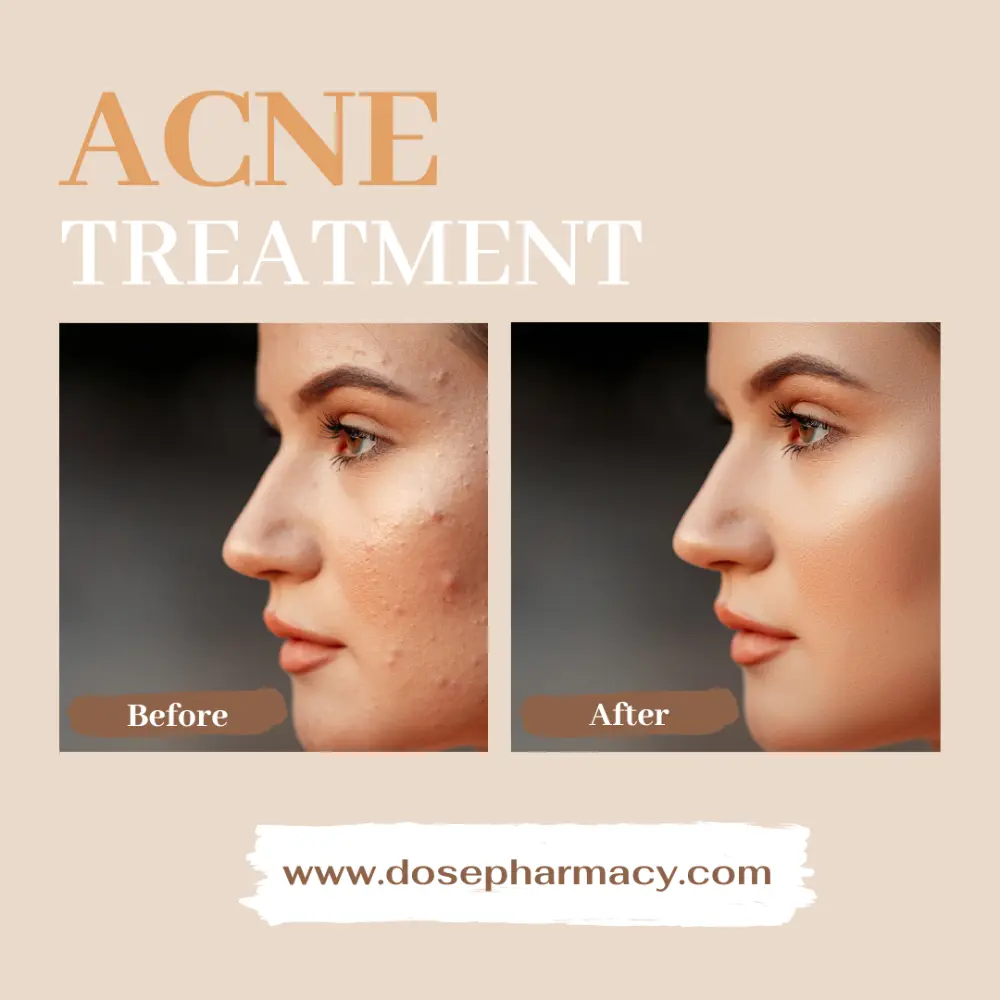
What is the hardest acne to get rid of?
Acne. The bane of many teenagers (and sometimes adults too!). While most of us experience the occasional breakout
ผู้เข้าชมรวม
59
ผู้เข้าชมเดือนนี้
2
ผู้เข้าชมรวม
59
ข้อมูลเบื้องต้น
Acne. The bane of many teenagers (and sometimes adults too!). While most of us experience the occasional breakout, some forms of acne prove to be more stubborn and challenging to treat than others. If you are looking for a genuine solution then must try isotretinoin 40 mg
The Culprits: Unveiling the Toughest Acne
Several types of acne stand out for their tenacity. Here are the top contenders:
Nodular Acne: These deep, painful lesions form when inflammation extends deep into the skin. Unlike pimples, nodules lack a visible pus-filled head, making them more challenging to treat topically. you can buy isotretinoin online
Cystic Acne: Similar to nodules, cystic acne features large, inflamed bumps beneath the skin's surface. However, cysts are filled with pus and can be even more painful than nodules. Both nodular and cystic acne often leave scars.
Acne Conglobata: This is a severe form of acne characterized by interconnected nodules and cysts. It primarily affects the chest, back, and buttocks and can be incredibly difficult to manage.
The Reasons for Resistance: Why is This Acne So Tough?
Several factors contribute to the difficulty of treating these stubborn types of acne:
Depth of Infection: Nodules, cysts, and acne conglobata develop deep within the skin, making it harder for topical medications to reach the source of the inflammation.
Hormonal Influence: These types of acne are often linked to hormonal fluctuations, particularly androgen hormones like testosterone. These hormones stimulate oil production and can exacerbate acne.
Bacterial Overgrowth: While bacteria play a role in all acne, deeper lesions may harbor a more significant bacterial presence, making topical antibiotics less effective.
Conquering the Challenge: Strategies for Treatment

Don't despair if you're struggling with persistent acne. Here are some approaches to consider:
Dermatologist Consultation: A dermatologist is a skin specialist who can create a personalized treatment plan based on the severity and type of your acne.
Oral Medications: Depending on the severity, your dermatologist might prescribe oral antibiotics, hormonal medications, or medications like isotretinoin (Accutane) for severe cases.
Combination Therapy: Often, a combination of topical medications and oral medications is necessary for optimal results.
Lifestyle Modifications: While not a cure, maintaining a healthy diet, managing stress levels, and getting adequate sleep can contribute to overall skin health and potentially improve acne.
Patience and Consistency: Treating persistent acne takes time and dedication. It's crucial to be patient and consistent with your treatment plan for long-term success.
Remember: Consulting a qualified dermatologist is vital for proper diagnosis and developing an effective treatment plan for stubborn acne. They can guide you through the best course of action to achieve clearer, healthier skin.
Beyond the Blog: Additional Considerations
Scarring: Unfortunately, nodular, cystic, and conglobata acne can leave scars. There are scar-reduction treatments available, but consulting a dermatologist is crucial for determining the best approach.
Emotional Impact: Persistent acne can significantly impact your self-esteem and mental well-being. If you're struggling, remember you're not alone. Consider seeking support groups or therapy to manage the emotional aspects of acne.
By understanding the challenges of persistent acne and the available treatment options, you can take control and fight for that clear, healthy skin you deserve. Remember, consistency and professional guidance are key to achieving lasting results.
เนื้อเรื่อง
คืนค่าการตั้งค่าทั้งหมด
คุณแน่ใจว่าต้องการคืนค่าการตั้งค่าทั้งหมด ?
ผลงานอื่นๆ ของ davidbrownm05 ดูทั้งหมด
ผลงานอื่นๆ ของ davidbrownm05



ความคิดเห็น